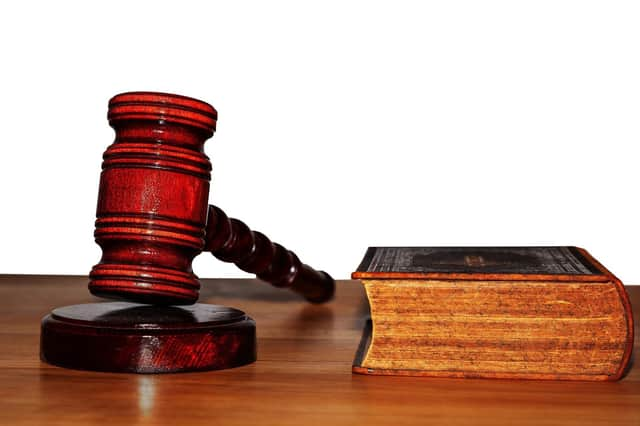LEGAL EAGLE: Can I consent to son’s care if it deprives him of his liberty?


Someone is considered to be deprived of their liberty when they are not free to leave the place they are residing in and they are subject to continuous supervision and control.
They will also have been assessed as being unable to consent to those arrangements as they lack capacity to do so. This can arise where the young person receives care at home or where they live at a residential placement.
Advertisement
Hide AdAdvertisement
Hide AdThe Mental Capacity Act 2005 generally applies to those aged 16 and over. Once a person turns 16 they are assumed to have capacity to decide for themselves. In Re D (A Child) the Supreme Court confirmed that there is no scope for the operation of parental responsibility to authorise the deprivation of liberty – in other words, a parent cannot consent on behalf of the young person.
Whereas the deprivation of liberty of an adult who lacks capacity can be authorised by the Deprivation of Liberty Safeguards (DoLS) system, there is no similar administrative mechanism to authorise the deprivation of liberty of a young person because DoLS only applies to people aged 18 or over and who are detained in care homes and hospitals, but not in the community.
It is understood that this will change when the Liberty Protection Safeguards (LPS) scheme is brought into force as this will apply to people aged 16 or over and to care in any setting.
The proposed LPS scheme has been delayed by the impact of coronavirus and there has been no new target date confirmed since the delays and, bearing in mind the careful consideration needed for implementation plans around the LPS structure, training and funding, it is highly unlikely that the LPS will come into force before late 2023.
Advertisement
Hide AdAdvertisement
Hide AdUntil then it will continue to be necessary to make an application to the Court of Protection to authorise the deprivation of liberty of a young person.
The court was set up by the Mental Capacity Act to protect a person (P) if P lacks the capacity to make their own decisions. The court can make these decisions for P which are known as a "best interests” decision such as deciding where they should reside and what care they should receive and authorising the deprivation of liberty consequent to this.